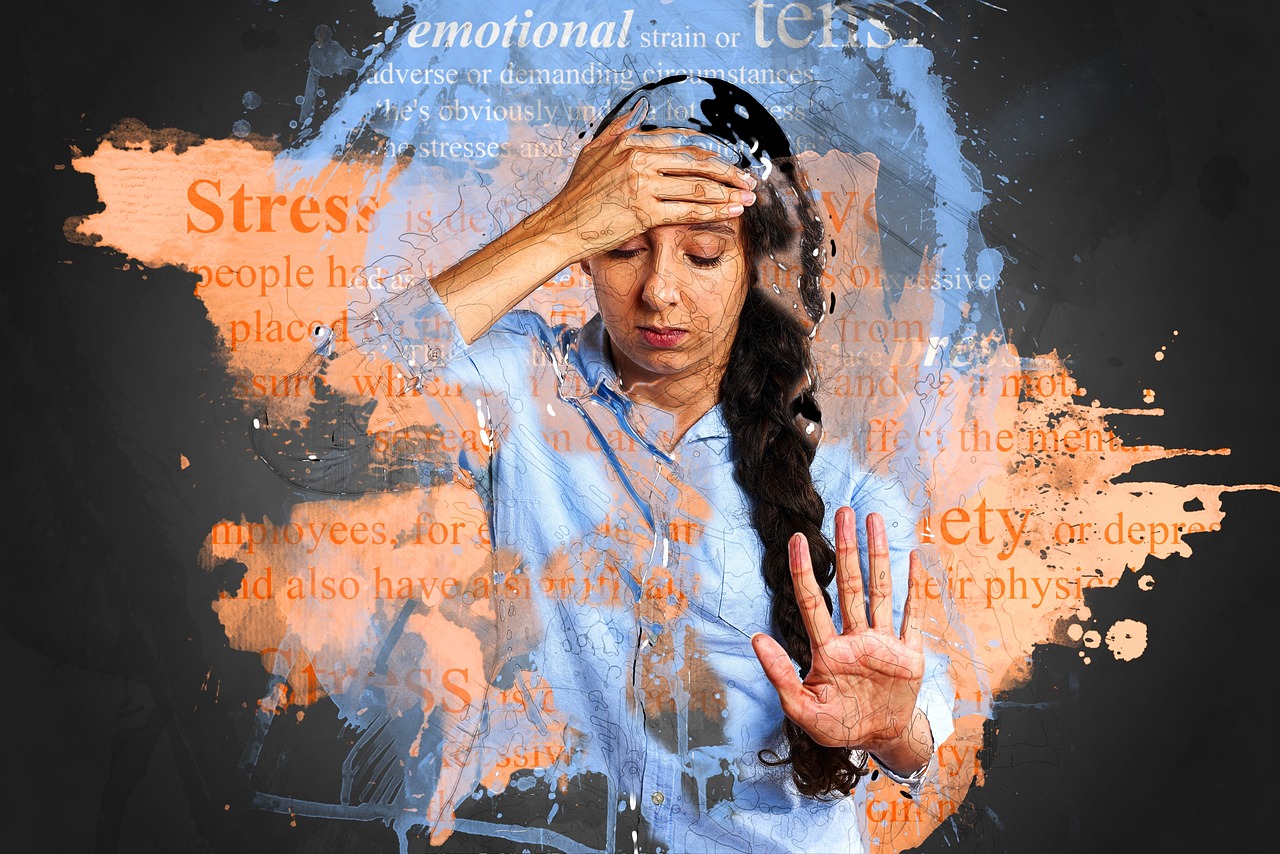Depression and insomnia are two of the most common mental health conditions in the United States. According to the National Institute of Mental Health, an estimated 16.1 million adults aged 18 or older had at least one major depressive episode in 2016. That’s 6.7 percent of all U.S. adults. Additionally, about 45 percent of people with depression also experience insomnia.
What should I know about this?
But what is the connection between depression and insomnia? It’s not a one-way street. Researchers have found that both can cause the other, creating a vicious cycle. People with depression are more likely to experience difficulty falling or staying asleep, leading to chronic exhaustion and worsening depression symptoms. Insomnia can also worsen depressive symptoms and increase the risk of developing depression.
Treating both conditions simultaneously is crucial for effectively managing symptoms and improving overall mental health. Cognitive behavioral therapy (CBT) is particularly effective in treating both. Medication may also be used with therapy to manage symptoms and improve sleep patterns.
We hope this information has been useful to you.






